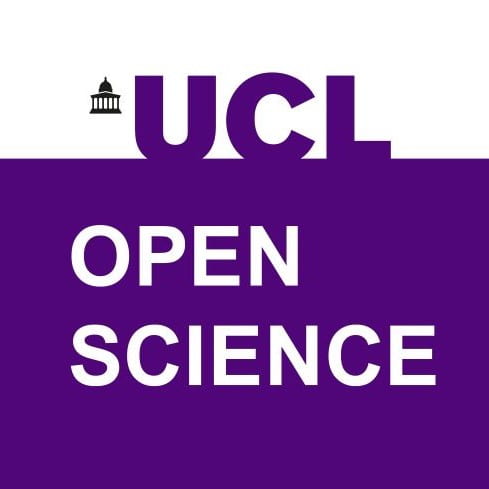Embracing citizen science to answer: how can technologies help us age more easily?
By Kirsty, on 27 January 2021
Guest post by Alice Hardy, Institute of Healthcare Engineering
At the Institute of Healthcare Engineering, we wanted to create technological solutions that meet real people’s needs – but reaching our target users can sometimes be a bit tricky. We’re taking a ‘citizen science’ approach to engage with the users who need new health technology the most, and bring their ideas to life.

The ageing challenge
As a population we are living longer lives than ever before, with half the babies born in the UK today expected to reach their 100th birthday.
Longer life spans are cause for celebration, but growing older comes with downsides. Too often, people ageing are faced with problems like loneliness, loss of independence and avoidable years of disease.
Tackling these challenges is a strategic priority for the UK Government and funding bodies.
Across all faculties of UCL, researchers are developing technologies to help people live their extra years healthier and happier. However, to make these solutions as effective as possible, we need to engage with our end-users from the start. That’s where out citizen science approach comes in.
Crowdsourcing innovation
At the UCL Institute of Healthcare Engineering, we act as cross-faculty hub for anyone in healthcare engineering or digital health at UCL. Our is to nurture the ideas and partnerships that result in life-changing health technology.
We understand the importance of interdisciplinary collaboration when developing new technologies, and a key part of that is garnering fresh perspectives from groups that can be difficult for us to reach. We want to deconstruct the idea of what is means to be an ‘expert’ and open this up to everyone – we’re all experts in growing older!
That’s why we launched the Age Innovation Hub; an online platform where we ask the public how technology could help them. Their feedback will then go onto shape real-world projects at UCL, with citizen science integrated at every step of the way.
Using this crowdsourcing tool was a way for us to directly reach out to the public and involve them in the research going on at UCL. Not only is their insight important to improve the research, but a more open relationship with the public also helps to combat perceptions that universities can be slow-moving and out of touch with the public’s needs. This crowdsourcing tool also has great potential for use in other campaigns and across UCL.
How it works
To shape the discussion, we created ‘challenge areas’ based on the biggest challenges facing older people:
- Supporting people with health concerns
- Creating healthy environments
- Building social communities
- Staying independent at home for longer
- Staying active
In these discussion areas, users are encouraged to post their ideas, share their feedback, and vote for ideas they support. Our team of moderators keep the conversation flowing with encouraging words and probing questions; we want to cultivate an inclusive, welcoming community where anyone in the UK can share their thoughts on healthy ageing, and feels heard.
Opportunities for UCL researchers
In addition to allowing the public to share their thoughts, the Age Innovation Hub is an opportunity for UCL researchers to gain valuable feedback on their current research challenges. The Hub is open for you to get involved, so visit it now and join the conversation.
There are a number of ways for researchers to participate:
- Submit challenges or questions from your own research areas that you’d like feedback on directly into one of the challenges
- Write a blog to tell visitors more about existing research going on at UCL in healthy ageing or your experiences with citizen science
- Engage in discussion on some of the ideas already posted, add your own comments and thoughts
- Join a panel of experts that will help evaluate the needs and ideas submitted from the public (March/April 2021)
You can join the discussion now at ageinnovationhub.crowdicity.com
To find out more, you can contact the Institute of Healthcare Engineering team via ageinnovation@ucl.ac.uk
 Close
Close




